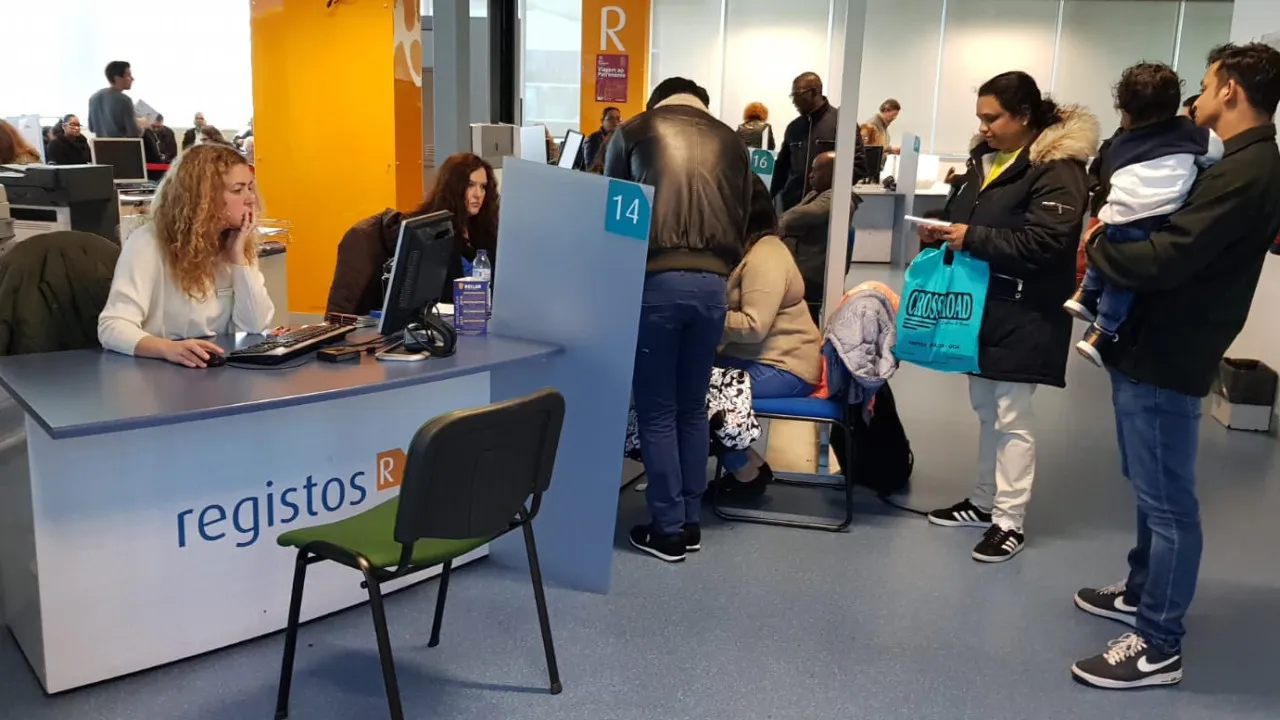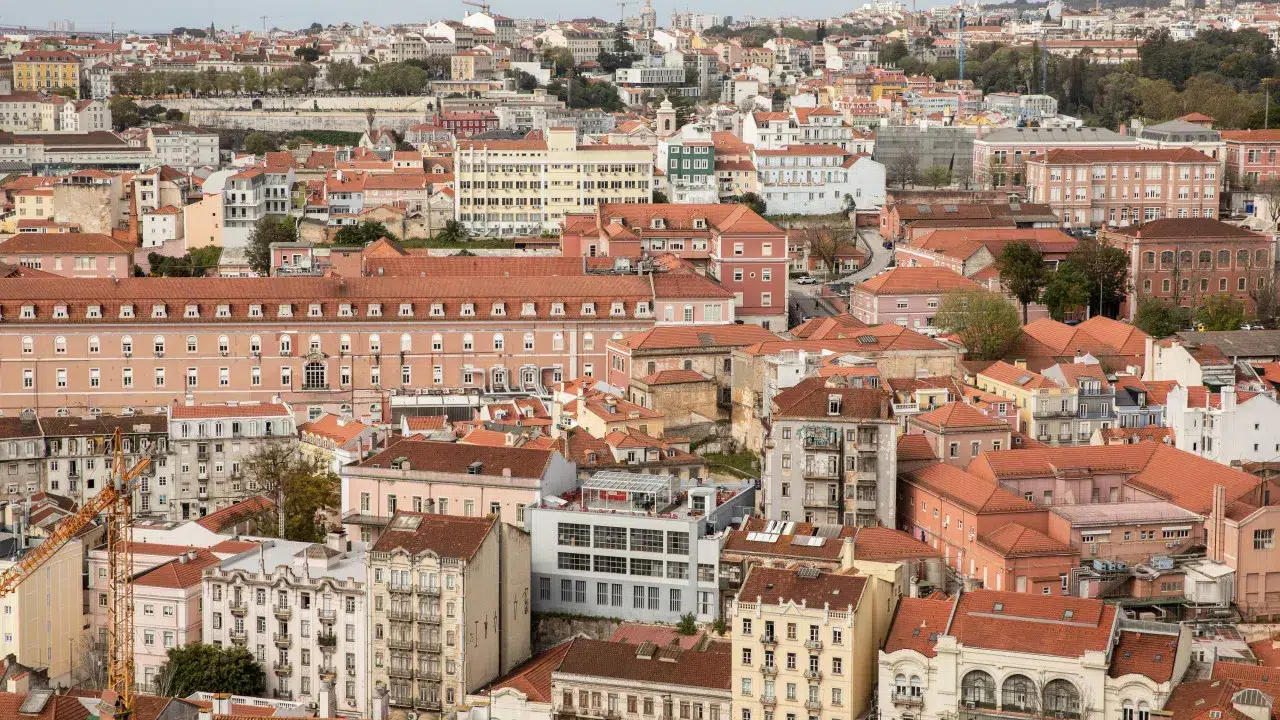
The Brazilian Consulate-General in Lisbon advises travelers to Portugal to present all necessary documentation, such as passports, visas, proof of stay, and return flight tickets, upon arrival, as announced on their Instagram account.
The Consulate further emphasizes the importance of contacting Portuguese authorities beforehand for those who have expressed interest in traveling.
“In case of doubt, and if you have shown interest, consult the responsible Portuguese authorities before any travel,” the statement advises.
Following the approval in July of a new immigration law affecting Lusophone citizens entering Portugal, the Brazilian government is closely monitoring the changes. The government highlighted the “privileged status” that Portuguese citizens enjoy in Brazil and pointed out that Portugal hosts the second-largest Brazilian community abroad.
In a written response to Lusa, Ambassador Carlos Sérgio Sobral Duarte, Secretary for Africa and the Middle East at the Ministry of Foreign Affairs, stated, “Any measures that might impact the mobility or regularization of Brazilian nationals in that country are closely monitored.”
The ambassador reiterated the “expectation that any changes will preserve immigrant rights.”
On the same day, Portugal’s State Secretary for the Communities mentioned that the Brazilian government expressed “great concern” over the new immigration law passed in the Assembly of the Republic.
During his first official visit to Brazil, Emídio Sousa met with Ambassador Maria Laura da Rocha of Brazil’s Ministry of Foreign Affairs at the Itamaraty Palace, assuring her that the law is not against Brazilian immigrants.
“I tried to convey to the minister the necessity for Portugal to urgently address immigration due to an excessive influx over the past five to six years, which was not beneficial for either Portugal or the newcomers,”.
The foreign immigration law, passed in July by the Assembly, requires Lusophone citizens entering Portugal to obtain work or residency visas at the origin for residency authorization.
Currently, Timorese and Brazilian citizens can enter Portugal as tourists without a visa and later apply for residency authorization. Other community citizens must show tourist visas upon entry and then request residency authorizations.
If the President promulgates this law, all CPLP citizens intending to apply for residency in Portugal will need a specific visa for this purpose, to be requested at Portuguese consulates in their home countries.




